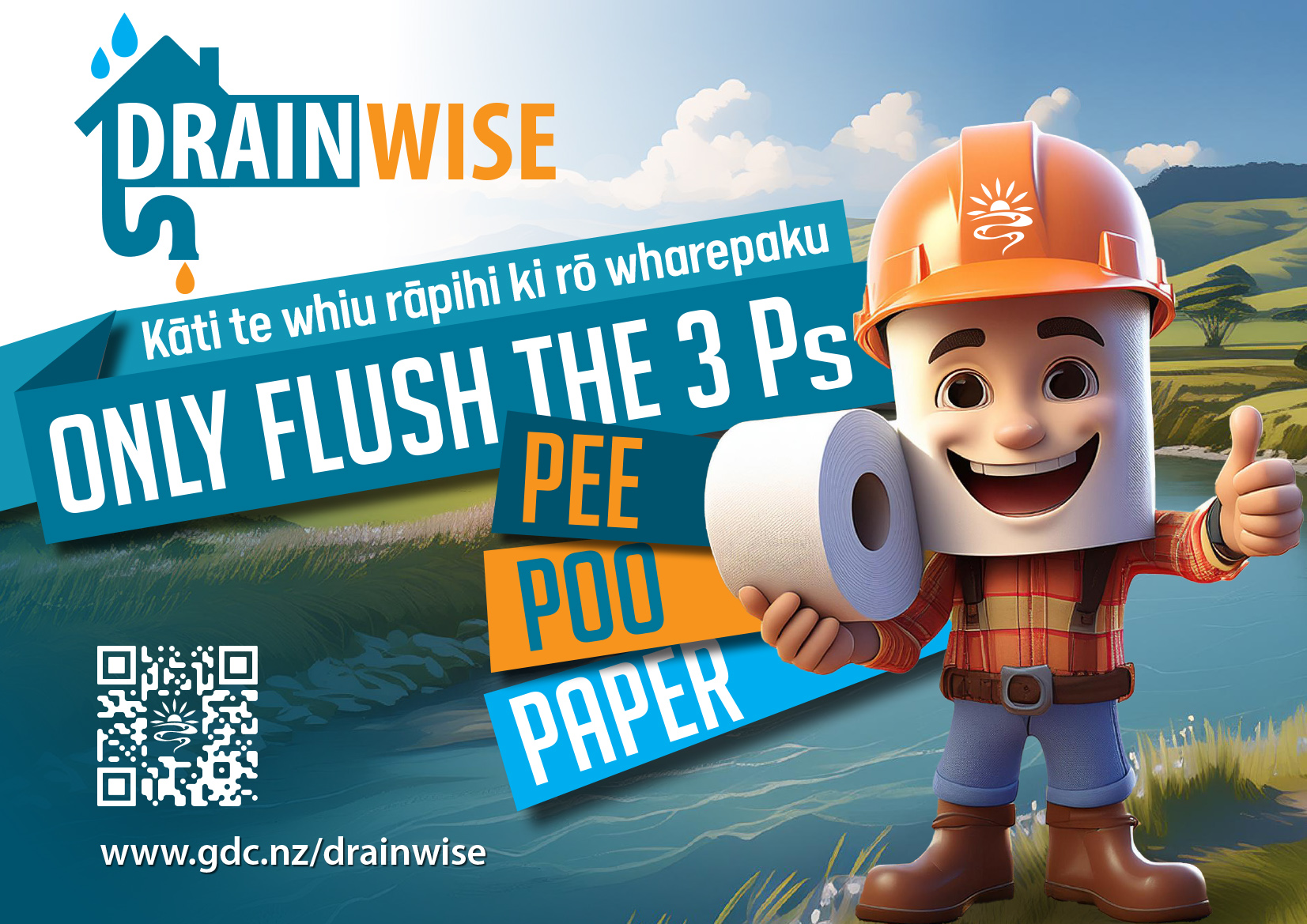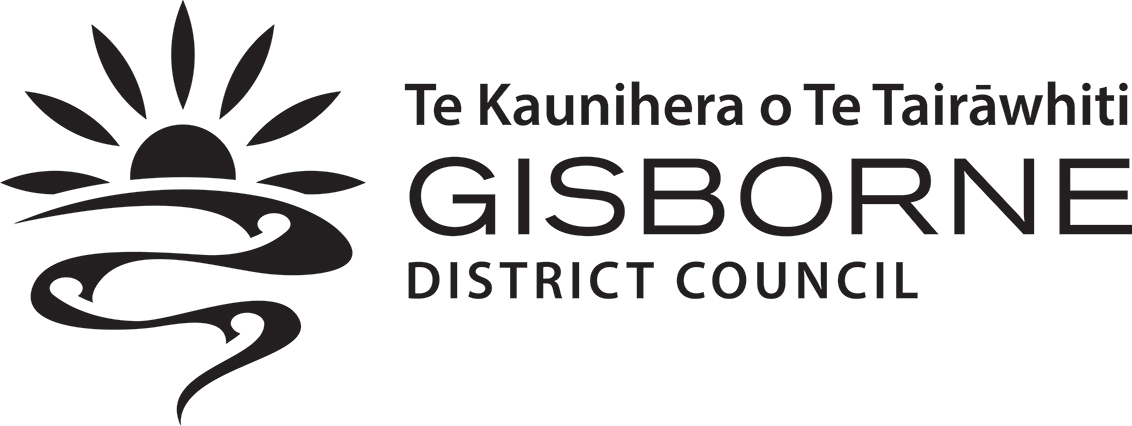The DrainWise programme is about working together with property owners to fix problems with wastewater and stormwater drains to prevent overflows during heavy rain.
Too much stormwater is still getting into the wastewater network, causing sewage overflows onto private property, into rivers and out to sea. This poses serious health risks and harms our environment.
The most common issues are found on private property:
- illegal spouting connections - sending rainwater into the sewer system
- broken gully traps - letting stormwater in
- surface flooding - that overtops the gully trap.
Our DrainWise team is checking gully traps and downpipes to make sure they're connected correctly. We're also renewing old public pipes to reduce groundwater entering the wastewater network.
DrainWise programme and budget for 2024-2027 (3YP)
DrainWise is 100% Council funded - $14.1m total funding allocated for the 3 year period.
Work includes addressing wastewater and stormwater issues through private property inspections, upgrade public stormwater infrastructure and renewing aging pipelines to prevent wastewater overflows and structural damage.
We need to work together
Gisborne city's wastewater network and stormwater network are separate systems. Homeowners are responsible for all the pipes and gully traps within their property boundary.
It only takes 4 properties with rainwater flowing into the gully trap to overload the network
Our inspections show that about half of the underground private pipes are in a poor condition and leaking. When these pipes leak, they let rainfall into the sewage system, leading to overflows during heavy rains.
Making sure the privately-owned parts of the underground sewage system aren't leaking will help reduce overflows.
Council's wastewater network is designed to NZ standards and under normal conditions can handle higher wastewater volumes during heavy rainfall.
However, in Gisborne, the amount of rainwater entering the wastewater network from private properties is exceptionally high.
The cause of emergency wastewater discharges in heavy rain
When it rains heavily, parts of the city's wastewater system get flooded with rainwater (stormwater) and can’t cope with the extra water. This can cause emergency wastewater discharges.
For more information on Why discharges happen
Flooding at your place? Let us know

Only flush the 3Ps: Pee, Poo and toilet Paper
That's all that belongs in the sewer - along with wastewater from your bathroom, laundry and kitchen sinks.
🟢 Belongs in the pipe - Pee, Poo and toilet Paper and household wastewater.
❌ Blocks the pipe - wet wipes, nappies, clothing, rags, towels, fat and oils, food waste, rubbish, garden waste, anything medical or personal.
Don’t trust 'flushable' labels
Toilets, sinks and gully traps are not rubbish bins.
Why does it matter?
Because blocked pipes can cause sewage to back up into your home - or overflow into our rivers.
Watch the video to see what should and shouldn't go down the toilet
Get to know your gully trap
Mike Hall, a local Gizzy plumber “getting to know your gully trap…you’ll prevent a whole lot of pollution on our properties and our rivers”.
Sinks aren't rubbish bins
Check out these fatbergs! Dianne has a few tips on what should go in the bin, not down the sink and block our sewage system. How simple adjustments to what we do in the kitchen can make a world of difference to our pipes and save our rivers and the ocean.
Healthy water, healthy community
When water isn't draining right - it's not healthy for your family, your home or our rivers and beaches.
Here's information on what you can do. If you have flooding issues on your property.
Fill in our online property flooding form
Stormwater and wastewater don't mix
It's important that we all understand the different water networks so we can all help prevent sewage discharges into our rivers. We have separate networks for stormwater (rain) and for wastewater (sewage).
Download our resources
No results found for ""
